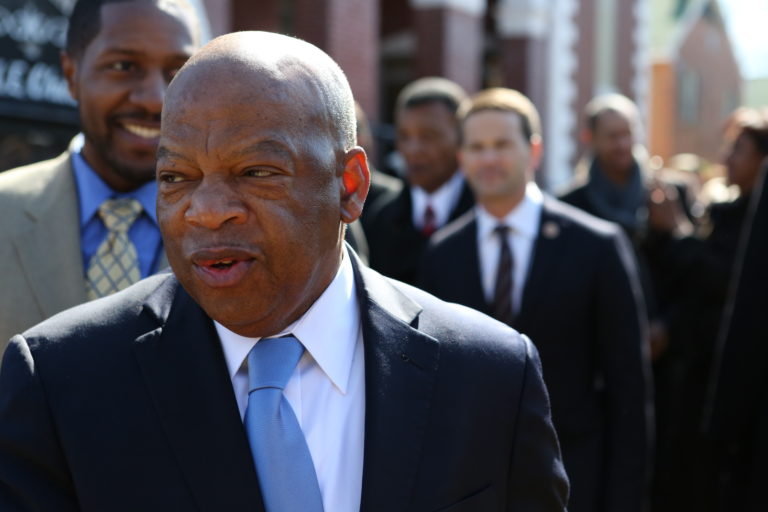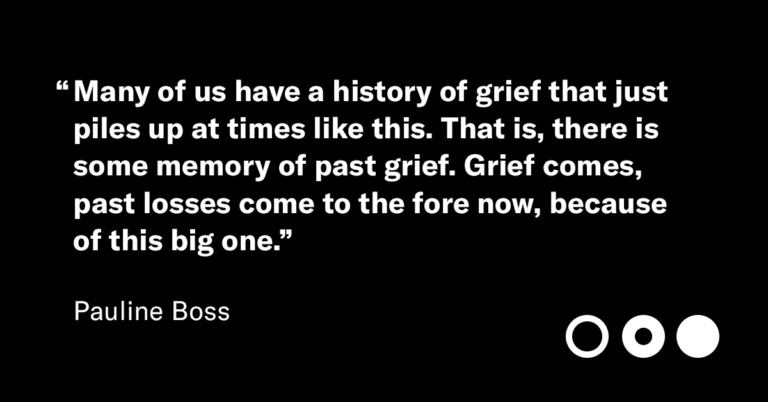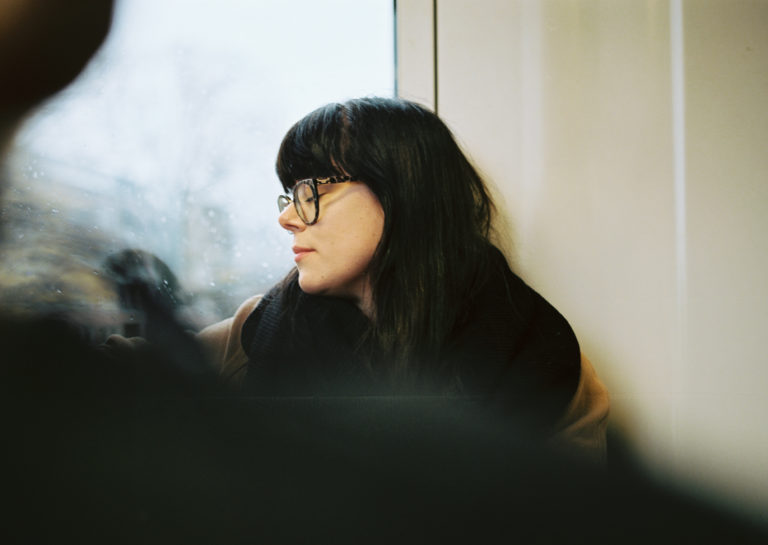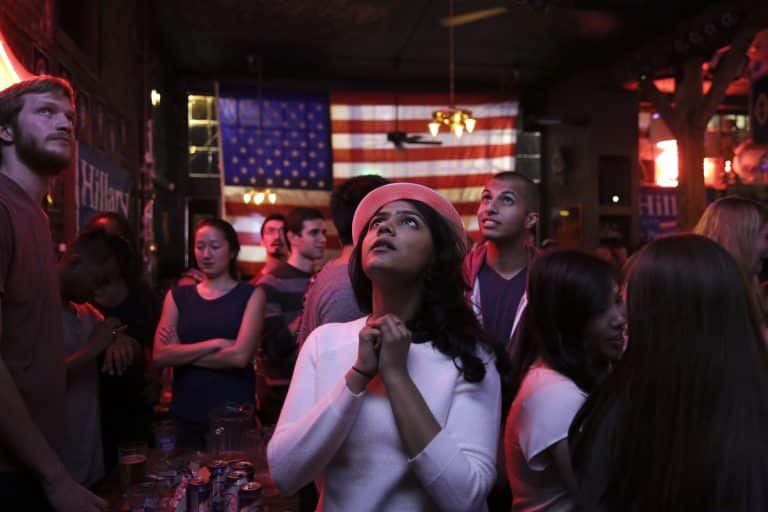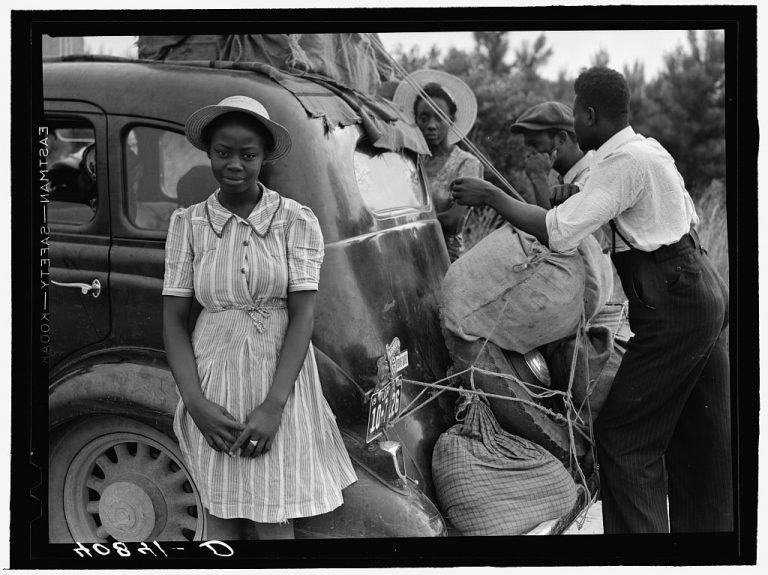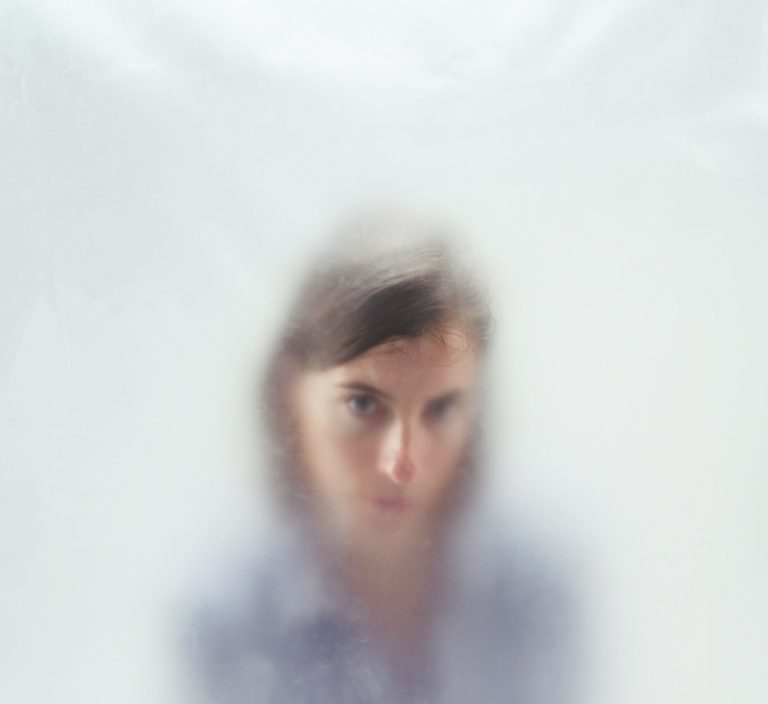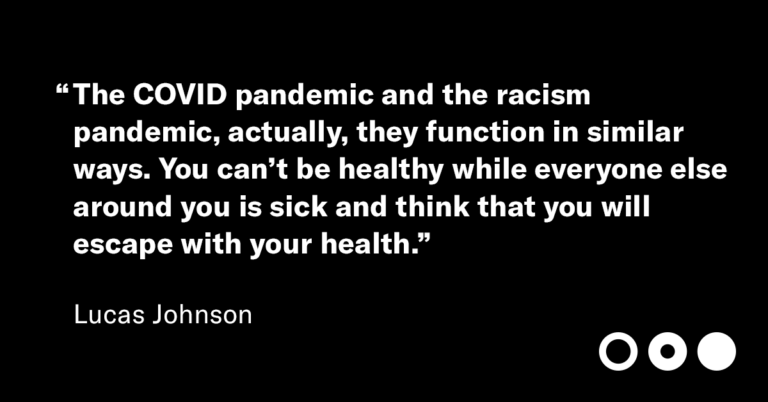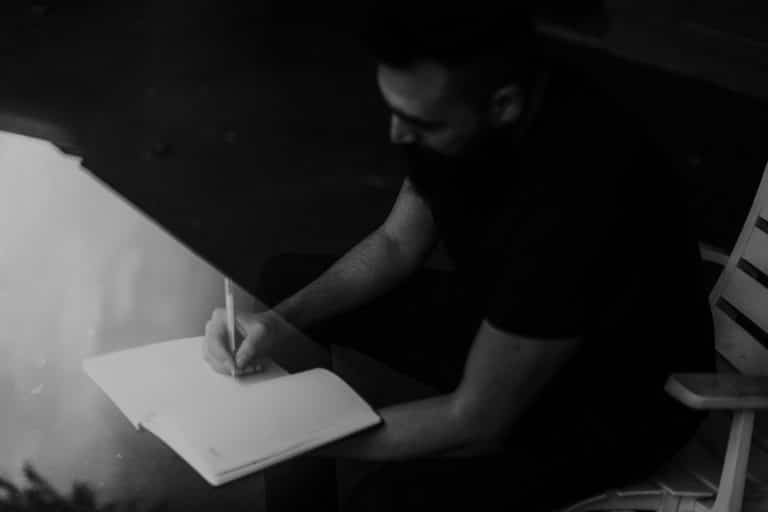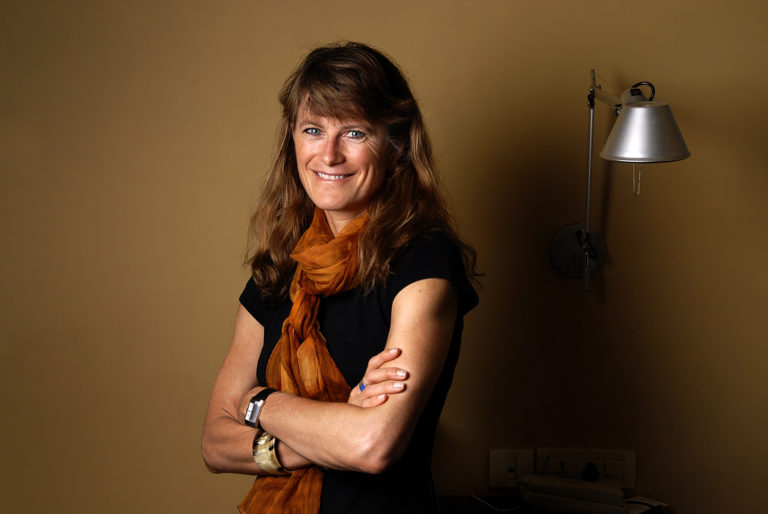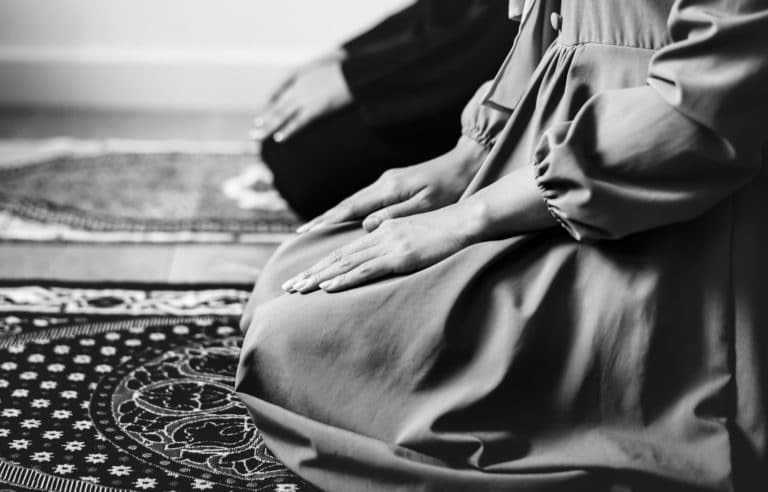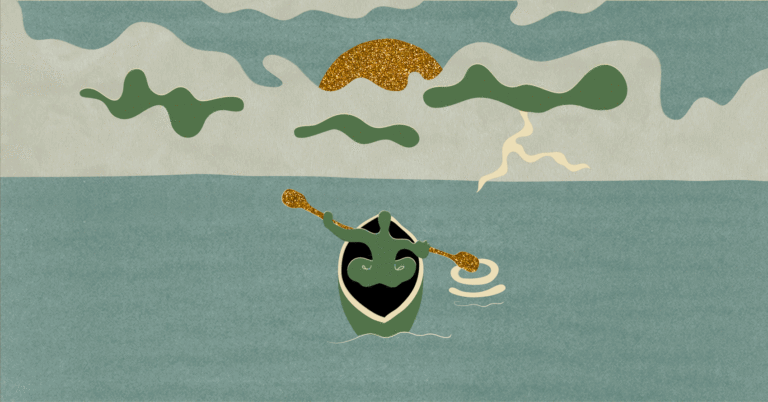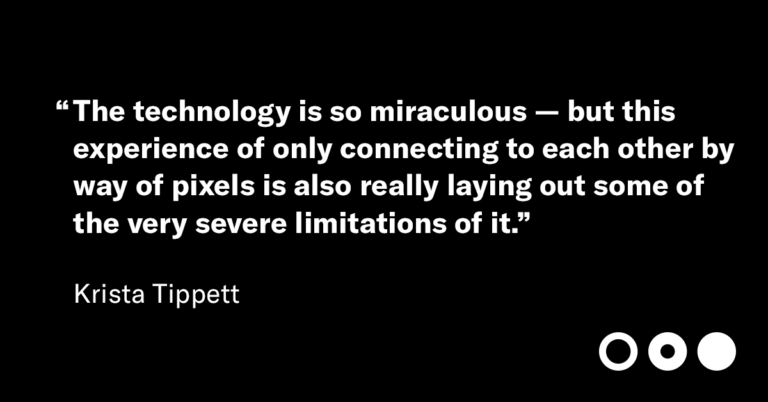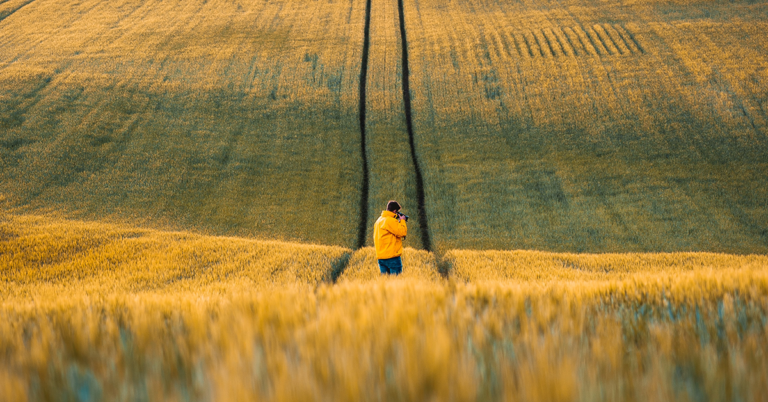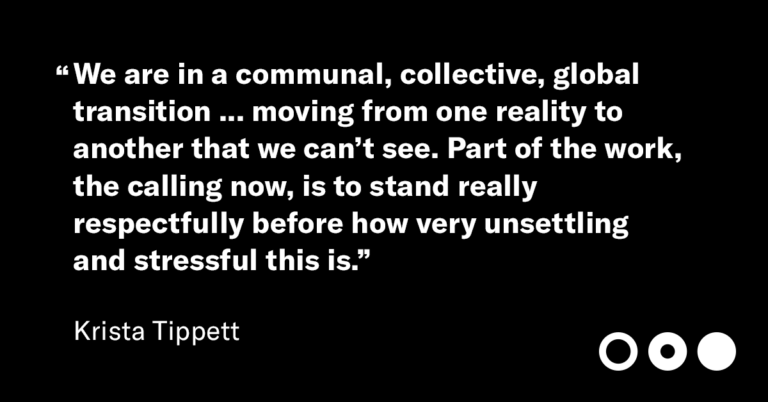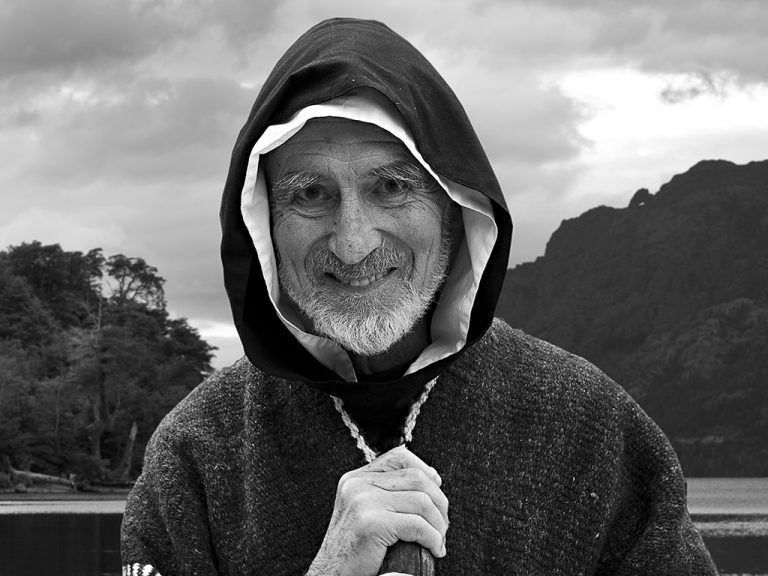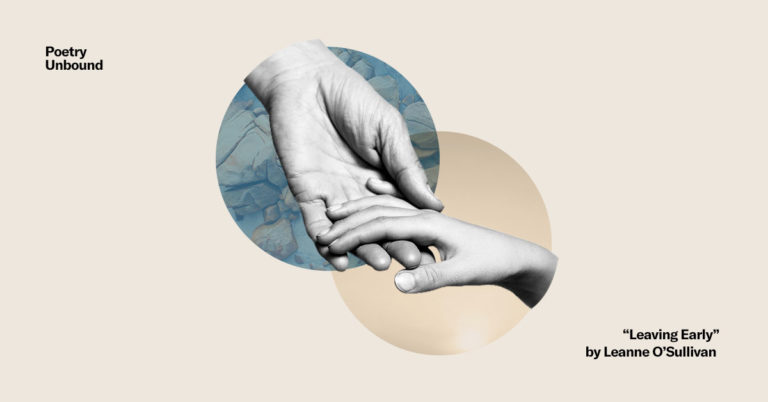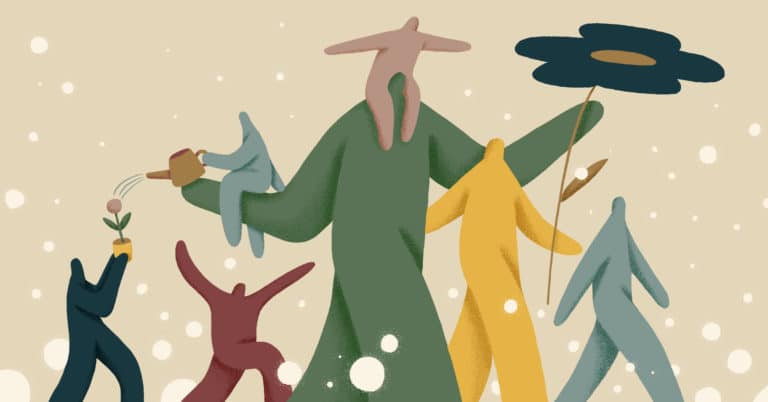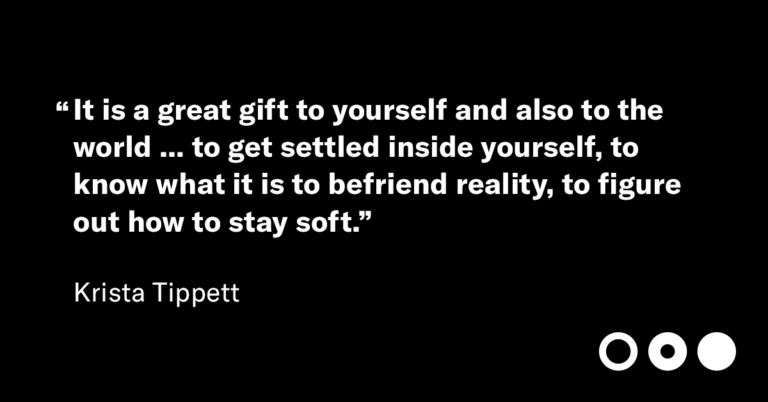An extraordinary conversation with the late congressman John Lewis, taped in Montgomery, Alabama, during a pilgrimage 50 years after the March on Washington. It offers a special look inside his wisdom, the civil rights leaders’ spiritual confrontation within themselves, and the intricate art of nonviolence as “love in action.”
Podcasts
View
- List View
- Standard View
- Grid View
911 Results
Simple ways to understand our emotions, and treat ourselves kindly, amidst pandemic realities, and why loss without closure is so stressful — these are themes touched on in this personal “Living the Questions” conversation between Krista and Pauline Boss. She created the field of “ambiguous loss” within psychology and family therapy. This is a companion conversation to our longer On Being conversation with Pauline: Navigating Loss without Closure.
Pauline Boss coined the term “ambiguous loss” and invented a new field within psychology to name the reality that every loss does not hold a promise of anything like resolution. Amid this pandemic, there are so many losses — from deaths that could not be mourned, to the very structure of our days, to a sudden crash of what felt like solid careers and plans and dreams. This conversation is full of practical intelligence for shedding assumptions about how we should be feeling and acting as these only serve to deepen stress.
Vincent Harding was wise about how the vision of the civil rights movement might speak to 21st-century realities. He reminded us that the movement of the ’50s and ’60s was spiritually as well as politically vigorous; it aspired to a “beloved community,” not merely a tolerant integrated society. He pursued this through patient-yet-passionate cross-cultural, cross-generational relationships. And he posed and lived a question that is freshly in our midst: Is America possible?
Go to the doctor and they won’t begin to treat you without taking your history — and not just yours, but that of your parents and grandparents before you. Pulitzer Prize-winning journalist Isabel Wilkerson points this out as she reflects on her epic work of narrative nonfiction, The Warmth of Other Suns. She’s immersed herself in the stories of the Great Migration, the movement of six million African Americans to northern U.S. cities in the 20th century. The book is a carrier of histories and truths that help make sense of human and social challenges at the heart of our life together now.
You can’t think about something if you can’t talk about it, says Eula Biss. The writer helpfully opens up lived words and ideas like complacence, guilt, and opportunity hoarding for an urgent reckoning with whiteness. This conversation was inspired by her 2015 essay in The New York Times, “White Debt.”
With our colleague Lucas Johnson, Krista talks through the question of what questions matter for this moment. Can anyone use the word “we”? And how to begin walking forward?
Living the Questions is an occasional On Being segment where Krista muses on questions from our listening community. Submit your own at [email protected].
We often explore on this show the places in the human experience where ordinary language falls short. The poet Gregory Orr has wrested gentle, healing, life-giving words from extreme grief and trauma. And right now we are all carrying some magnitude of grief in our bodies.
Moral reckonings are being driven to the surface of our life together: What are politics for? What is an economy for? Jacqueline Novogratz says the simplistic ways we take up such questions — if we take them up at all — is inadequate. Novogratz is an innovator in creative, human-centered capitalism. She has described her recent book, Manifesto for a Moral Revolution, as a love letter to the next generation.
This year Muslims are experiencing a Ramadan like no other. The month is usually a period of both intimacy and great community. Now Muslims are improvising, as in many places the rituals of Ramadan must be experienced at home or online. This show, recorded in 2009, grew out of an invitation to Muslim listeners to reflect on what it means to be part of what often is referred to in the abstract as “the Muslim world.” We received responses from all over the world and were struck by the vivid stories about Ramadan itself, across a remarkable spectrum of life and spiritual sensibility.
In this “spiritual book club” edition of the show, Krista and musician/artist Devendra Banhart read favorite passages and discuss When Things Fall Apart, a small book of great beauty by the Tibetan Buddhist teacher Pema Chödrön. It’s a work — like all works of spiritual genius — that speaks from the nooks and crannies and depths of a particular tradition, while conveying truths about humanity writ large. Their conversation speaks with special force to what it means to be alive and looking for meaning right now.
To a question from listener Vanessa Parfett in Melbourne, Krista reflects on “Zoomzaustion” and relearning the primacy of our bodies. Also, how this helps explain poetry’s rise in our midst, and can make us more whole.
Living the Questions is an occasional On Being segment where Krista muses on questions from our listening community. Submit your own at [email protected].
April 16, 2020
Wendell Berry and Ellen Davis
The Art of Being Creatures
In this intimate conversation between Krista and one of her beloved teachers, we ponder the world and our place in it, through sacred text, with fresh eyes. We’re accompanied by the meditative and prophetic poetry of Wendell Berry, read for us from his home in Kentucky: “Stay away from anything / that obscures the place it is in. / There are no unsacred places; / there are only sacred places / and desecrated places. / Accept what comes of silence.”
To a question from listener Elena Rivera of Colorado Springs, Krista reflects on seeing this as a collective moment of transition (which is always stressful in human life) and ponders what we might integrate into the people we become on the other side of it. “To really, actively, accompany each other in holding that question — that might be a spiritual calling but also a civilizational calling for this very extraordinary transition,” she says.
Living the Questions is an occasional On Being segment where Krista muses on questions from our listening community. Submit your own at [email protected].
We’re in a season of renewal in the natural world and in spiritual traditions; both Easter and Passover this year are utterly transformed. It’s drawing us back to the wisdom of Br. David Steindl-Rast, who makes useful distinctions around experiences that are life-giving and resilience-making yet can feel absurd to speak of in a moment like this. A Benedictine monk for over 60 years, Steindl-Rast was formed by 20th-century catastrophes. He calls joy “the happiness that doesn’t depend on what happens.” And his gratefulness is not an easy gratitude or thanksgiving — but a full-blooded, reality-based practice and choice.
In Leanne O’Sullivan’s poem “Leaving Early,” the poet writes to her ill husband, entrusting him into the care of a nurse named Fionnuala. As the novel coronavirus sweeps the globe, many of us can’t physically be there for loved ones who are sick. Instead, it is the health care workers — and all involved in the health care system — who are tirelessly present, caring for others in spite of exhaustion and the risk it brings to their own wellbeing.
We offer this episode of Poetry Unbound in profound gratitude toward all who are working in health care right now.
Ai-jen Poo is a next-generation labor organizer who co-founded a beautiful and muscular movement with caregivers and those who employ them: the National Domestic Workers Alliance. For over two decades, she has been reinventing policy and engaging a deep conversation that has now met its civilizational moment. This conversation was recorded before “coronavirus” was a word we all knew. But the many dimensions of the crisis now upon us have revealed Ai-jen Poo and her world of wisdom and action as teachers for our life together, in and beyond it.
March 31, 2020
Living the Questions
At home, frustrated, and stressed — is ‘just being’ worthy right now?
As Anna Bondoc from Los Angeles wrote to us: So many of us are raised to believe that hard work is what makes us valuable; many of our professions and even our identities as helpers are on hold. How does self-worth interact with just being when we feel we’re doing nothing? Krista reflects on the problem with the phrase “just being” — and how settling inside ourselves right now, and kindness towards ourselves, are gifts to the world we want to make beyond this crisis.
Living the Questions is an occasional On Being segment where Krista muses on questions from our listening community. Submit your own at [email protected].
The Pause
Join our constellation of listening and living.
The Pause is a monthly Saturday morning companion to all things On Being, with heads-up on new episodes, special offerings, event invitations, recommendations, and reflections from Krista all year round.
Search results for “”
View
- List View
- Standard View
- Grid View
Filters


